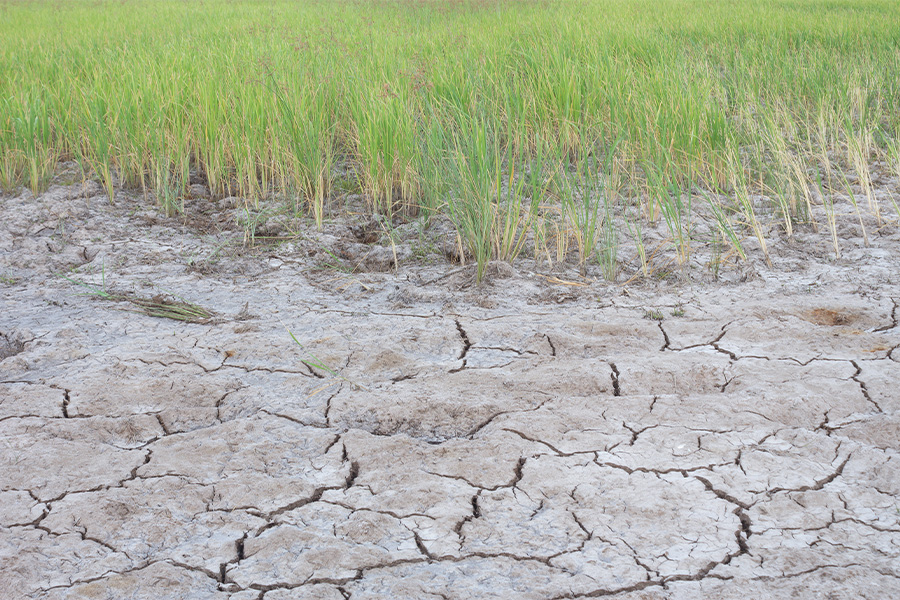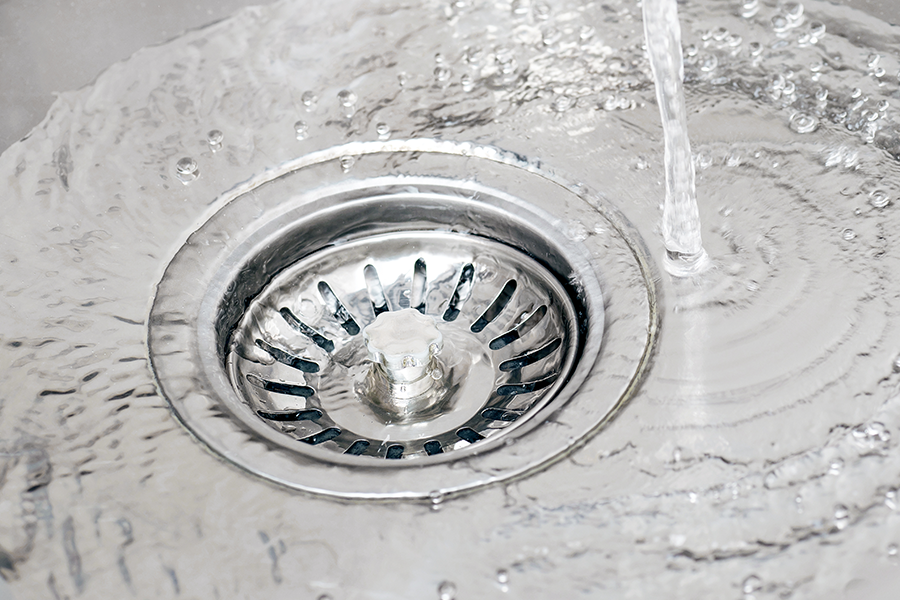-
Every year, wildlife causes millions of dollars of damage in Georgia. Losses may be economic (like damage to crops) or aesthetic (for example, damage to landscapes or golf courses) and can range from physical damage to vehicles or equipment to public health issues like water pollution and disease transfer to…
|
-
Determining an equitable price for purchased forages is a necessary but often uncomfortable topic of discussion for feed growers and purchasers. Usually this discussion is in the context of corn silage; however, the same principles can be used in any discussion involving hay, baleage or grains. In order for an…
|
-
 The University of Georgia Agricultural and Environmental Services Laboratories offer soil salinity testing to help farmers and the general public diagnose and manage problems associated with soil salinity. By definition, a saline soil contains excess soluble salts that reduce the growth of most crops or ornamental plants. This publication discusses…
The University of Georgia Agricultural and Environmental Services Laboratories offer soil salinity testing to help farmers and the general public diagnose and manage problems associated with soil salinity. By definition, a saline soil contains excess soluble salts that reduce the growth of most crops or ornamental plants. This publication discusses…|
-
C 1018
Home Garden Lettuce
Lettuce (Lactuca sativa) is a cool-season vegetable that can be planted in early fall or early spring in Georgia. This publication discusses growing lettuce in the home garden.
|
-
Compared to other grains, grain sorghum has unique characteristics that must be understood before successfully harvesting, drying and storing it. With some modifications, you can use existing equipment for both sorghum and other grains. This publication describes methods for harvesting, drying and storing grain sorghum.
|
-

Homeowners sometimes experience unpleasant odors in their household water. In many cases, the exact cause of the odor is difficult to determine by water testing; however, this publication provides a few general recommendations for treating some common causes of household water odors.
|
-
C 1015
Peanut Response to Dicamba
The objective of this publication is to provide county agents, peanut growers, crop consultants, agri-business personnel, etc. with information that can assist them in making appropriate management decisions after a suspected dicamba drift/volatilization or sprayer contamination problem has occurred.
|
-
This publication is designed to give commercial egg processors the information they need to understand and effectively deal with the wastewater grit generated from the conveying, washing and grading of table eggs.
|